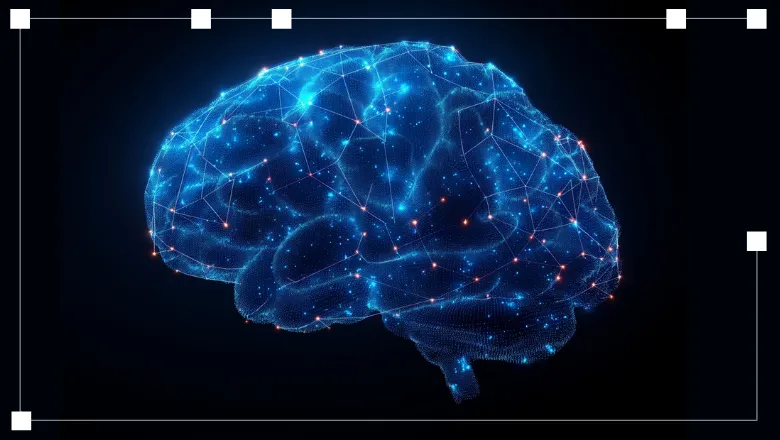These guidelines are critical for ensuring that AI tools developed in the UK and beyond meet rigorous standards and improve patient outcomes. With these recommendations, we can move towards more accurate, standardised AI applications that benefit both clinicians and patients across the UK and internationally.
Dr Thomas Booth, a co-author from King’s College London
19 November 2024
Neuro-oncology experts reveal how to use AI to improve brain cancer diagnosis, monitoring, treatment
Recommendations published in The Lancet Oncology call for good clinical practice of new technologies to modernise decades-old standard of care for brain cancer patients.

An international team of neuro-oncology experts has released new guidelines for using artificial intelligence (AI) in the diagnosis, monitoring, and treatment of brain tumours, aimed at improving clinical trial reliability and patient safety.
The recommendations, published in The Lancet Oncology by the Response Assessment in Neuro-Oncology (RANO) cooperative group, focus on standardising AI methods in neuro-oncology. The team’s two companion policy reviews outline advancements in AI research and propose guidelines for validation and clinical best practices.
According to the team, there are predictive, prognostic and diagnostic AI models and solutions that are becoming available for health care practitioners, but how they are used varies widely at different institutions.
The team reviewed existing research articles and publications related to current advancements of AI in the field to develop the guidelines, which were presented at major meetings, including the European Association of Neuro-Oncology in Glasgow.
Key recommendations include using diverse patient data for model development, adhering to WHO criteria for tumour classification, and ensuring careful image acquisition and processing.
These recommendations are among the first in the world regarding its proper use in cancer care and aim to set a global standard for AI in neuro-oncology.
While this is a milestone, lead author on the policy review, Indiana University School of Medicine’s, Spyridon Bakas says further study is needed. “It is important that we continue our study of these AI models on large, diverse patient populations to continue extending our understanding of disease and improving the way we use them,” he says.

